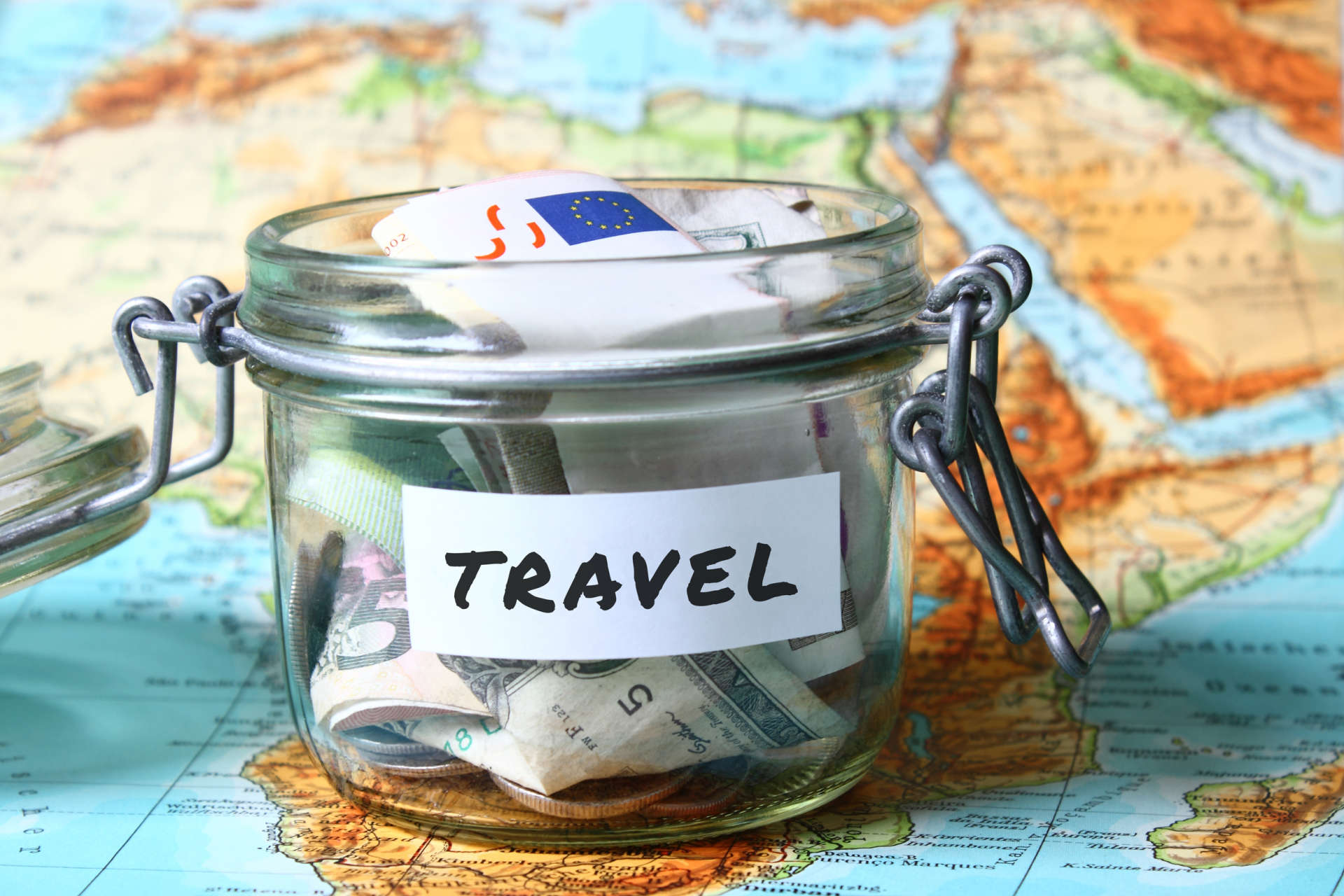Budgeting for a remote working trip can be tricky as it involves work-related and leisure expenses. Here are some tips to help you budget for your remote working trip:
Estimate your work-related expenses: Consider the costs of your co-working space, internet and phone bills, transportation to and from work, and any other work-related expenses you may incur.
Plan for accommodation costs: Different Research types of accommodation options, such as hotels, hostels, or short-term rentals, and compare prices. Be sure to factor in the cost of utilities and other expenses, such as laundry, if you plan to stay in a short-term rental.
Factor in leisure expenses: Consider the cost of activities, excursions, food, and transportation while you’re on your remote working trip.
Compare prices: Compare prices of different destinations, accommodation options, and activities to find the best deals.
Create a budget: Once you have an idea of your expenses, create a budget and stick to it. Use a budgeting app or spreadsheet to help you keep track of your expenses.
Be prepared for unexpected expenses: Even with the best planning, unexpected expenses can still arise. Having a contingency fund for such scenarios is always a good idea.
Look for discounts: Look for discounts and deals on accommodation, transportation, and activities. Many co-working spaces and hotels offer discounts for long-term stays, and many activities and excursions offer discounts for booking online.
Book a complete package from Destination Working
Budgeting for a remote working trip can be a bit challenging, but with a good plan, research, and flexibility, you can have a great remote working trip without breaking the bank.


